Tweets help visualize information density of African cities
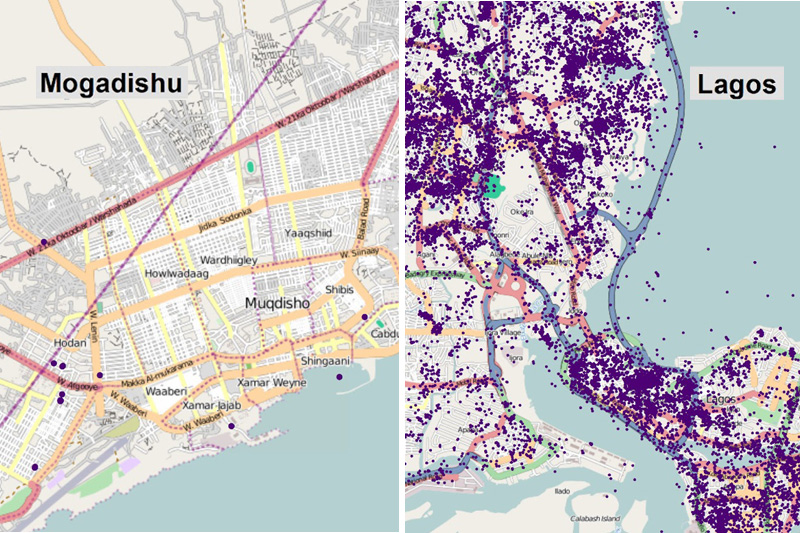
Cities are more than a collection of streets and houses or people and plants. “Cities have become both digital and digitized”, says Mark Graham, Director of Research and a Research Fellow at the Oxford Internet Institute. These days an indicator of the development of a modern city is not just its physical infrastructure.
In dozens of cities across Africa, Graham has produced a visualization of geocoded Tweets. And an interesting pattern emerges, showing the footprint of internet penetration and the use of mobile devices. While in cities such as Nairobi, Cairo or Cape Town you can see important information hubs, other cities such as Mogadishu and Addis Ababa remain almost completely blank.
What data did you use for the visualizations?
We’re looking at geocoded tweets that were published in November 2012. Geocoded tweets are approximately 1% of all tweets and give us a very rough (and imprecise) sense of the amount of contributions to Twitter coming from any particular place.
What do you mean by geocoded tweets?
Geocoded tweets are tweets that have some sort of locational information attached (i.e. geocoding can happen when you tweet from a phone or allow Twitter to use information supplied to it from your internet provider).
What conclusions could we draw from this data?
Most broadly, these data give us a sense of who is and isn’t participating on the Internet and what you might call the ‘knowledge economy’. We see that some places are hubs and are at the centre of a thick cloud of information. Other places are largely left out and have little or no voice in the digital layers of material places.
What surprised you the most when you made these visualizations?
The scale of the differences between African cities is probably what surprised me the most. For instance, I expected Nairobi to be covered with a denser layer of information than Addis Ababa, but I didn’t expect the difference to be so stark. Some of this can undoubtedly be explained by internet penetration rates, but we probably see that difference in the cultures of internet or mobile usage and information sharing practices are playing a role.
Mark Graham’s research focuses on Internet and information geographies, and the overlaps between ICTs and economic development.
For more information about this topic check out Mark’s blog
Profile Page
Interview: Steffen Leidel
Click through the gallery



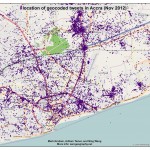
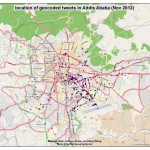
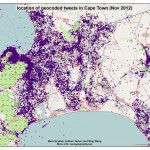
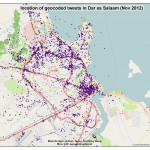
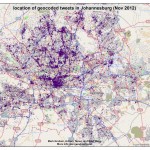
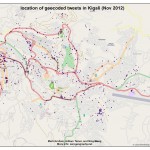
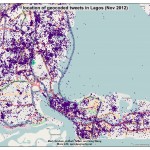
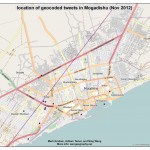
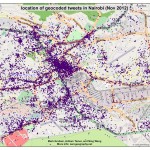
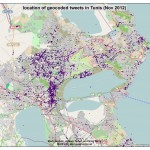
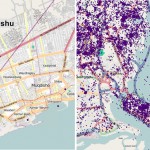
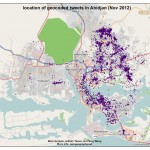
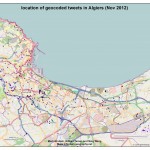
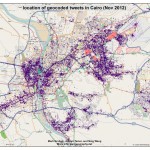
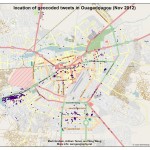

Feedback